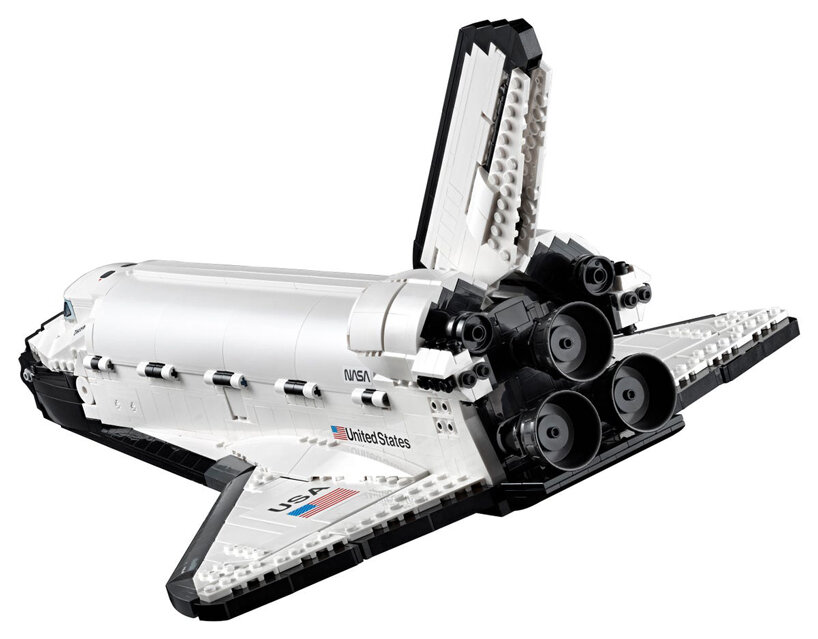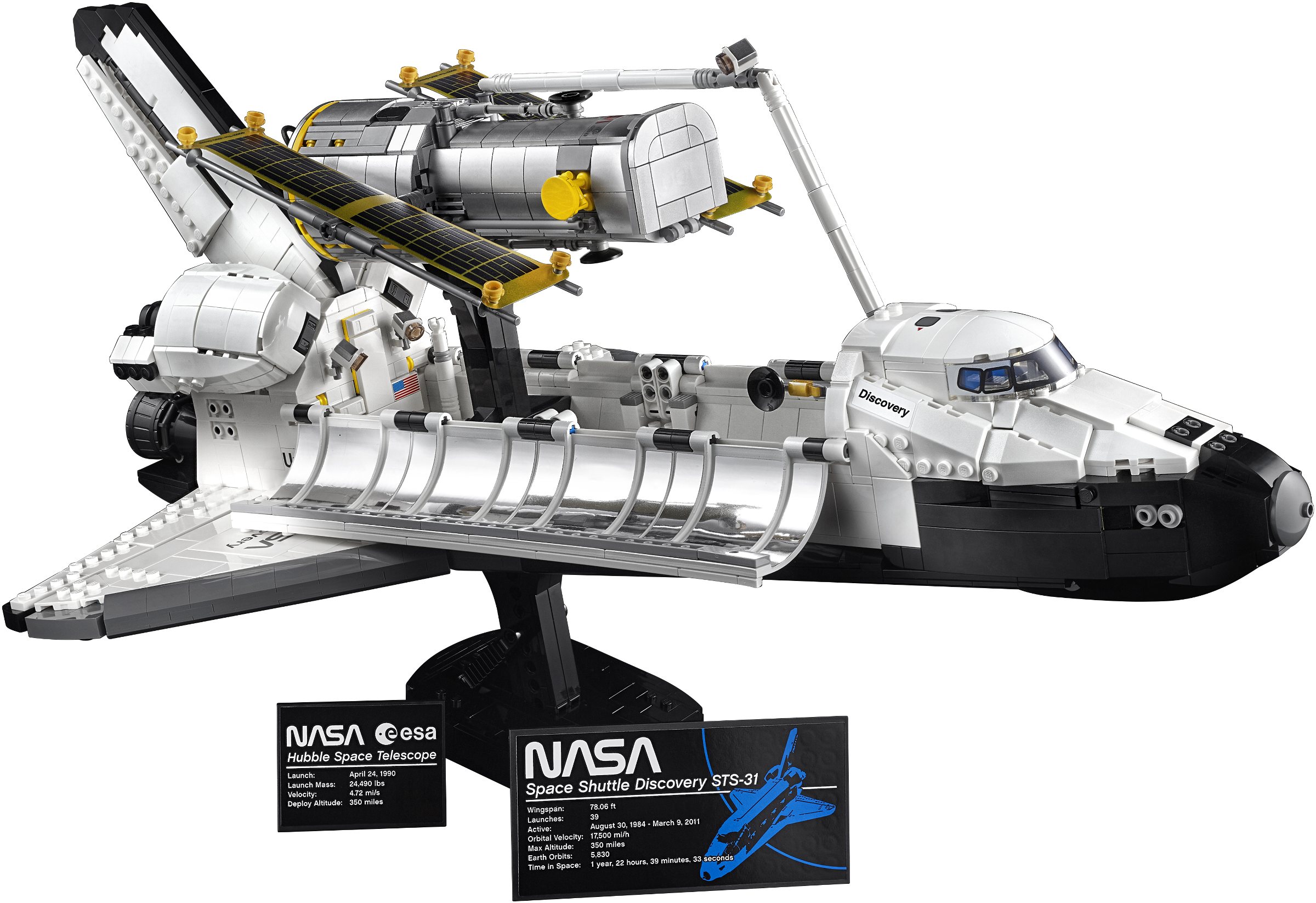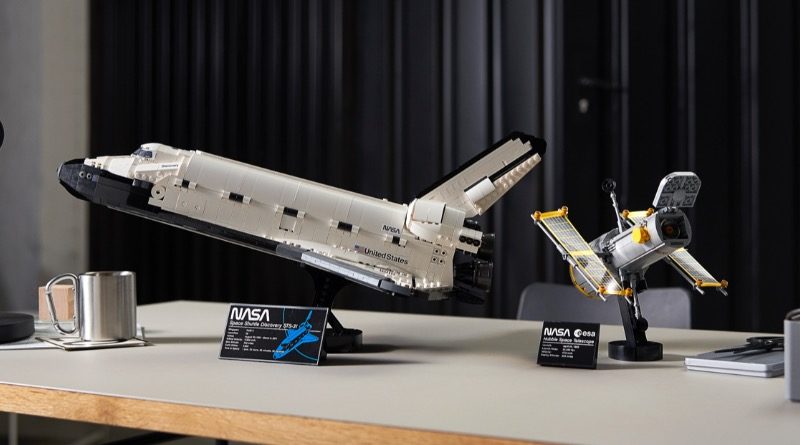

Although some engineers had wanted ground-based cameras to take photos of the orbiting shuttle to look for damage, the request did not get to the right officials.ĭuring Columbia’s atmospheric reentry, hot gases penetrated the damaged tile section and melted major structural elements of the wing, which eventually collapsed.

In fact, as demonstrated in postaccident tests, the foam was capable of punching a large hole in the reinforced carbon-carbon insulation tiles that protected the shuttle’s nose and wing leading edges from the extreme heat of atmospheric reentry. Bits of foam had detached in past missions without serious mishap, and, at the time of the Columbia launch, National Aeronautics and Space Administration (NASA) engineers did not think that the foam carried enough momentum to cause significant damage. Films showed that a piece of insulating foam broke loose from the external propellant tank and struck the leading edge of the left wing approximately 81 seconds after liftoff. Ironically, the cause of the Columbia catastrophe soon was determined to be launch-related as well. The destruction of Columbia followed by almost exactly 17 years the loss of Challenger in a launch accident on January 28, 1986. Its major components and the remains of the crew were recovered over the following month. The disintegration of the craft was recorded by television cameras and U.S.

As Columbia was reentering Earth’s atmosphere, it broke apart over Texas at approximately 9:00 am Eastern Standard Time at an altitude of 60 km (40 miles), showering debris across southeastern Texas and southern Louisiana. The crew comprised commander Rick Husband pilot William McCool mission specialists Michael Anderson, David Brown, Kalpana Chawla, and Laurel Clark and payload specialist Ilan Ramon, the first Israeli astronaut. STS-107 was a flight dedicated to various experiments that required a microgravity environment. Space shuttle: crew of Columbia on its last missionĬolumbia, which had made the shuttle program’s first flight into space in 1981, lifted off for its 28th mission, STS-107, on January 16, 2003. SpaceNext50 Britannica presents SpaceNext50, From the race to the Moon to space stewardship, we explore a wide range of subjects that feed our curiosity about space!.Learn about the major environmental problems facing our planet and what can be done about them!

Saving Earth Britannica Presents Earth’s To-Do List for the 21st Century.Britannica Beyond We’ve created a new place where questions are at the center of learning.100 Women Britannica celebrates the centennial of the Nineteenth Amendment, highlighting suffragists and history-making politicians.
Lego nasa space shuttle discovery kit how to#


 0 kommentar(er)
0 kommentar(er)
